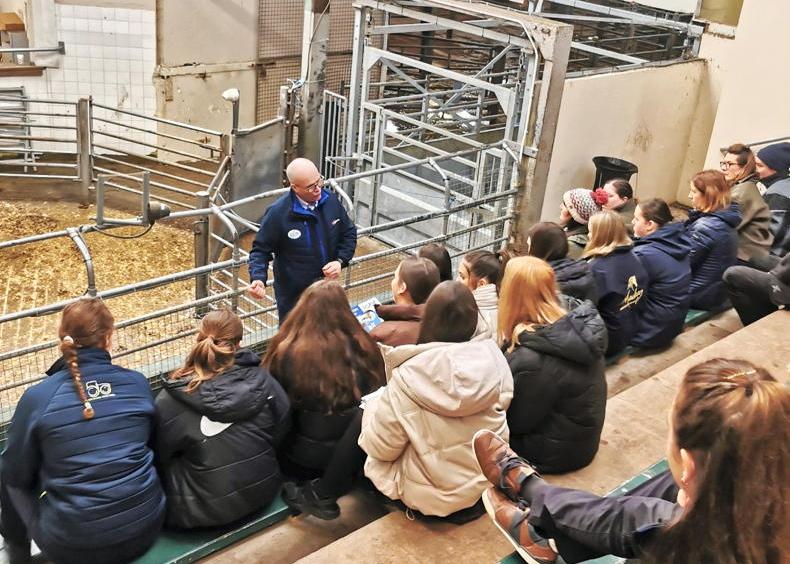Education, Government supports and forced changes are needed to address the challenges faced by women in farming, the inaugural National Dialogue on Women in Agriculture heard on Wednesday.
Germany’s former Minister for Agriculture Julia Klockner told the conference that Ireland and Germany face similar challenges for women in agriculture, saying that “outdated gender strategies and traditional inheritance policies” were among the biggest issues.
“It wasn’t that long ago that a farmer would get pitying looks if he only had two daughters.
“At that time, the best option was to marry them up so that one of the sons-in-law could succeed [to inherit the farm] in the past. It was unthinkable that a daughter would one day take over the family home. Fortunately, the situation is different today,” she said.
Klockner insisted that education and structural changes are required to address the gender balance in agriculture. Governments must ensure that when it comes to healthcare, pension entitlements and family care provision, that women do not draw the short straw.
She called for specific technical education for women, citing female-only machinery courses, and encouraged the women in the room to continue being vocal themselves and in support of each other. “Continue getting louder and louder,” she urged.
Professor Maura Farrell from University of Galway added that women should be asked exactly what type of education they need and provide it, “not just thinking they need training in social media”.
Group managing director of Glanbia, Siobhán Talbot, said “some blunt instruments” such as gender quotas are needed to push change, because the scale of step changes required “are not going to happen organically”.
However, she added that meritocracy is important, “you don’t have to hostage meritocracy for inclusion”.
Minister for Agriculture Charlie McConalogue said that he will be demanding that the 12 state boards under his remit address gender balance deficits and is prepared to refuse male candidates, if necessary.
“There is an under representation of women on these boards,” he said. “I will be left with no other option but to refuse nominations put forward if they don’t help reach our gender targets.”









SHARING OPTIONS